The automotive industry is becoming a pioneer in the use of 5G (Source: Sony Group Cooperation)
5G is playing an increasingly important role in automotive industry, e.g. in vehicle development as well as in construction and not least in operation. At the IAA Mobility, many visitors will probably encounter the new mobile network for the first time.
Together with Vodafone, Porsche has put one of the most modern 5G networks in Europe – according to the mobile communications provider – into operation at its development center in Weissach. The site near Stuttgart was modernized with completely independent 5G standalone technology.
Outdoor and Indoor
In the first step, the automotive 5G campus network was put into operation in the outdoor area. Six 5G standalone antennas at two locations provide the entire outdoor area with a fast network. Porsche is working with navigation expert Here to test, among other things, a real-time warning system that alerts vehicle occupants to hazards in the section of road ahead. To this end, the system evaluates the real-time data of vehicles in the vicinity of one’s own car and warns other cars of potential dangers.
In a second step, additional antennas will be installed indoors to support development processes with 5G. For example, augmented reality applications are planned so that Porsche engineers can work precisely on virtual models.
Stable connections required
For Vodafone, this is not the only cooperation in automotive engineering. 5G test drives are also taking place in Aldenhoven in North Rhine-Westphalia. Here, it is Sony’s Vision-S electric prototype that is being developed together with numerous technology partners. In the 5G Mobility Lab there, the main focus is on ensuring a continuous data connection between the car and the antenna. A stable connection even at high speeds is a precondition for safety and comfort functions with high data volumes and low latency.
5G line to the IAA trade show
Under the motto “What will move us next?”, the IAA Mobility will present new mobility concepts beyond the confines of automotive industry. Technologies, innovations and projects will be presented for the first time at the new venue in Munich from September 7 to 12.
For this purpose, Vodafone has equipped the 200,000 square meter trade fair grounds in Munich with 5G across the board. For this purpose, the digitization group has activated more than 100 special indoor antennas, each measuring just 20 by 30 centimeters. This will ensure optimum network coverage in buildings, Vodafone announced.
In addition, there is the “Blue Lane,” a test track for sustainable mobility between the trade fair grounds and Munich’s city center. On this route, completely independent 5G standalone technology is available for the first time in urban areas, for example in Allach-Untermenzing or in Zamdorf, not far from the Berg am Laim S-Bahn station. In total, more than 350 5G antennas are already live in Munich, Vodafone states.
Campus networks in automotive manufacturing
5G is also increasingly being used in production plants of the automotive industry. In addition to some pilot projects at Audi, Mercedes and Bosch, the e-car manufacturer e.Go should be mentioned here, which has also developed a 5G campus network with Vodafone in order to modernize production. Here, the focus of the application is primarily on data collection as part of the “digital twin”.
BMW, on the other hand, at its Dingolfing site: autonomous transport systems, logistics robots and mobile devices that communicate with each other and the control system are the focus there. BMW did not choose a major mobile communications provider as its network partner for this project, but rather the Rosenheim-based company M3connect, which also operates the network. The 5G-capable autonomous transport systems are being developed jointly with the mechanical engineering company Stäubli WFT.

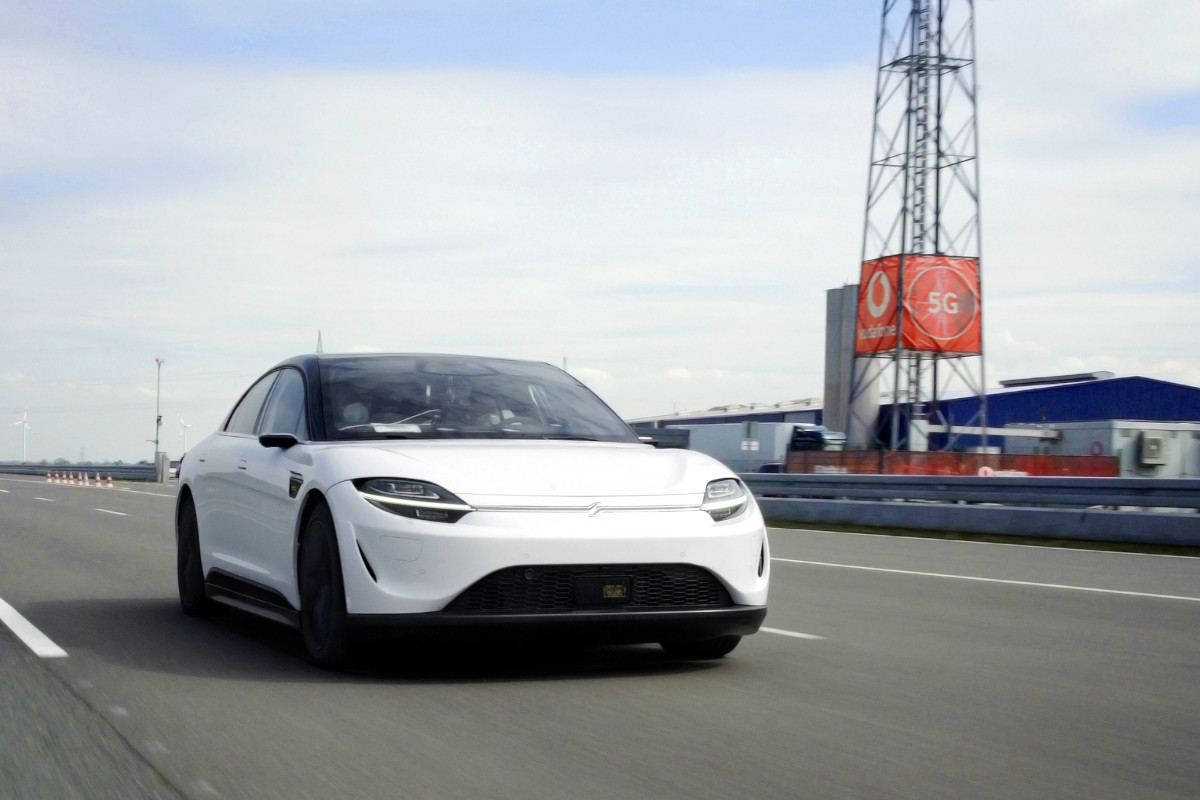
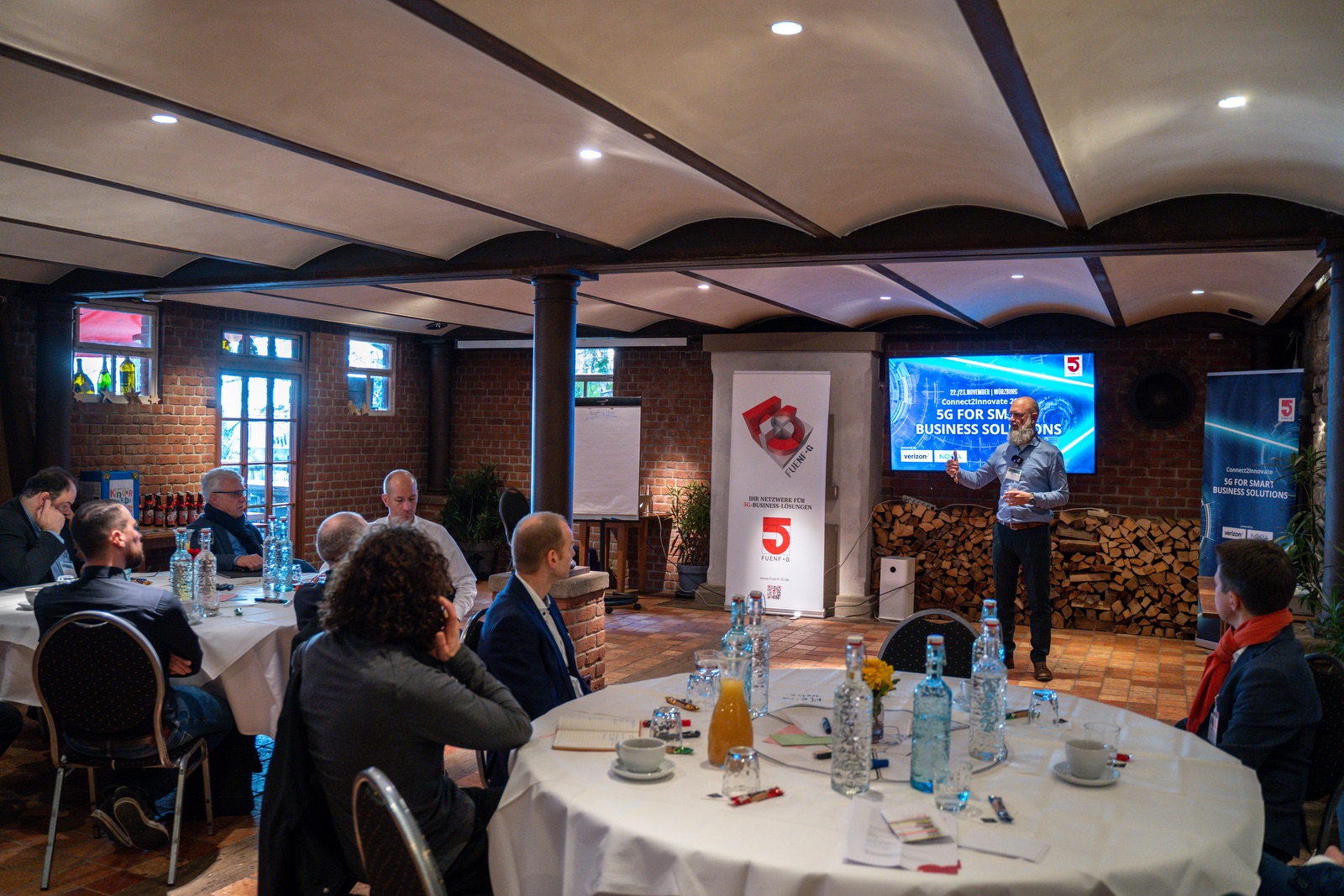
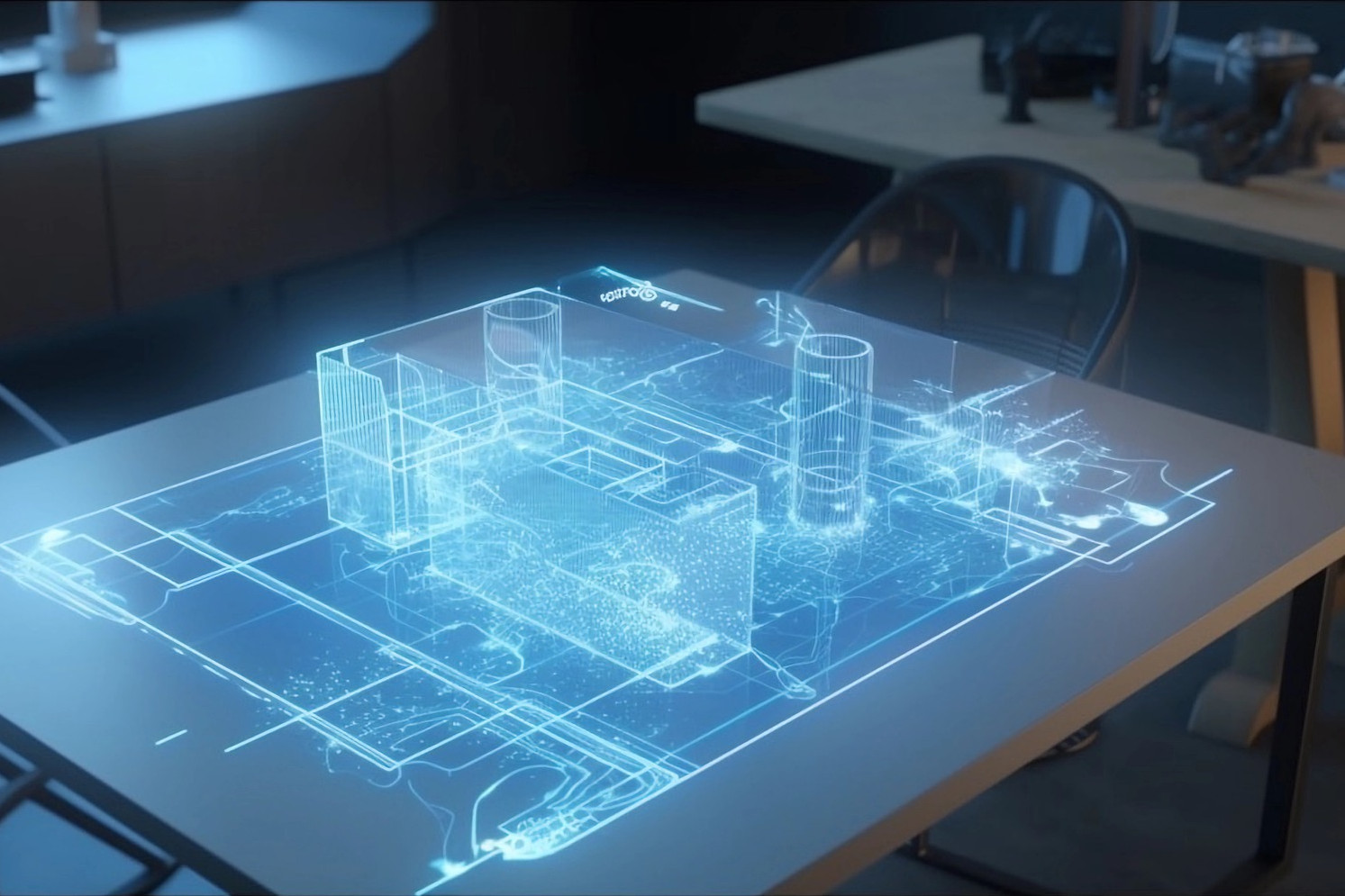
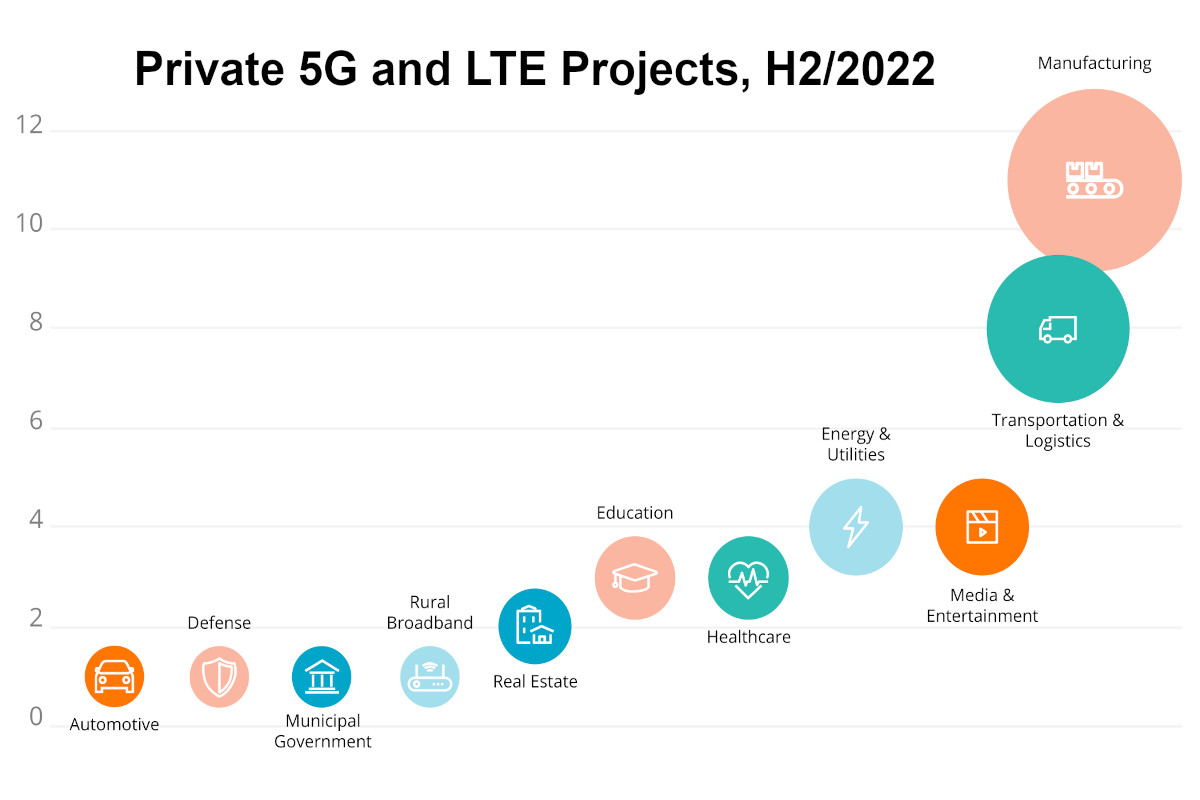
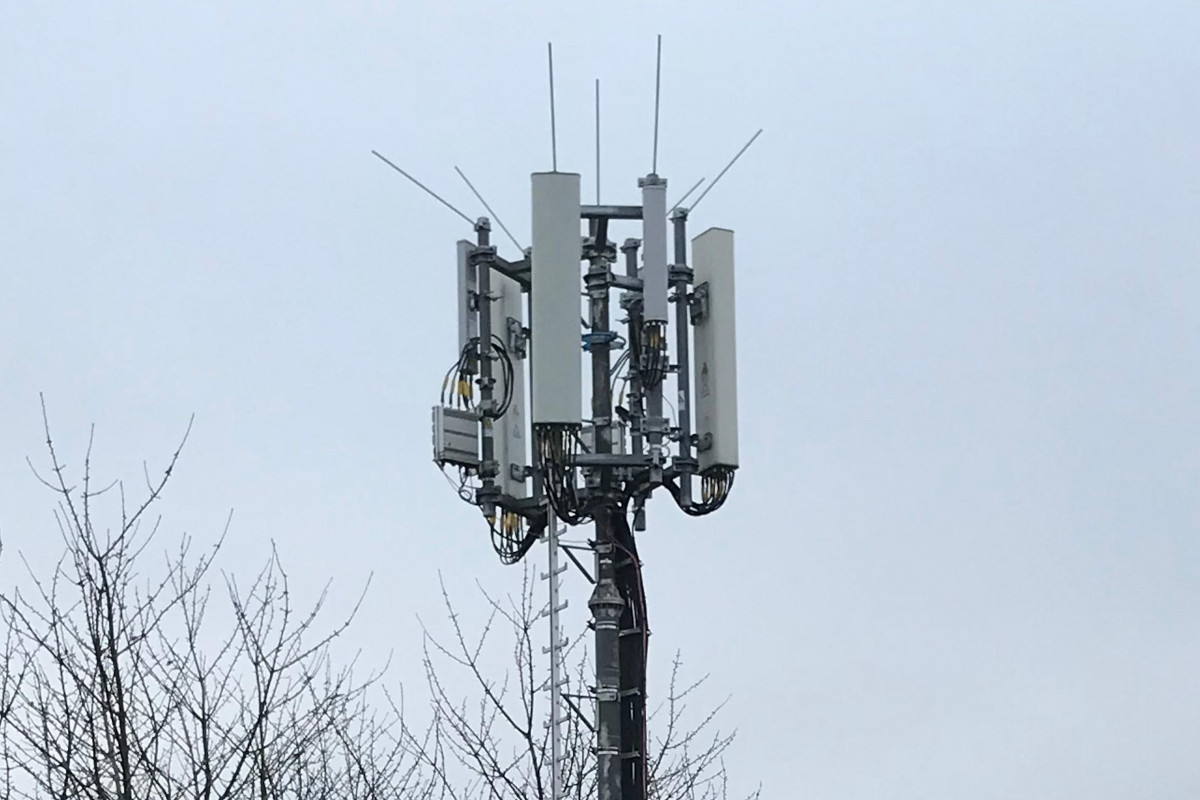
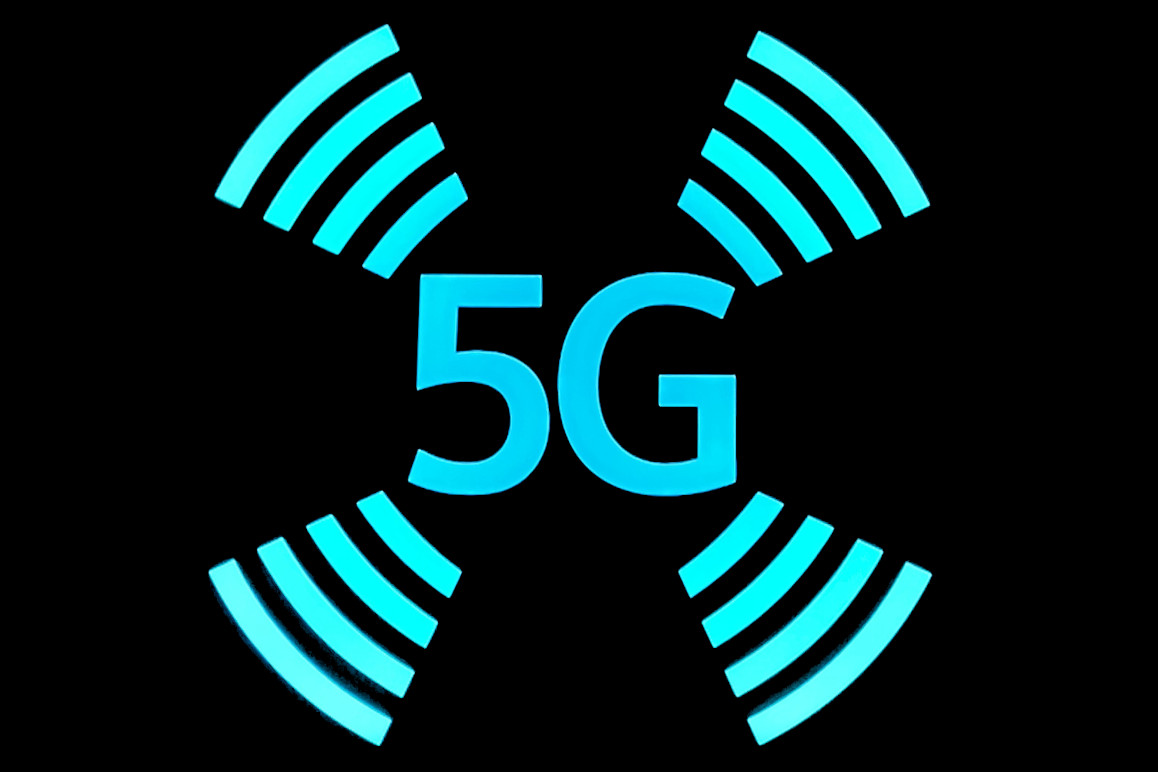
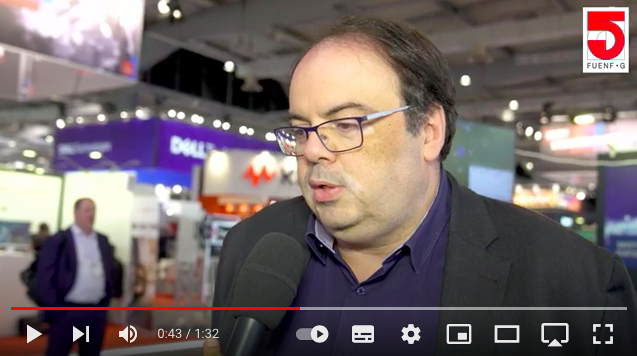

Leave A Comment